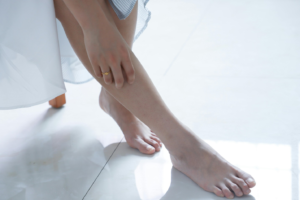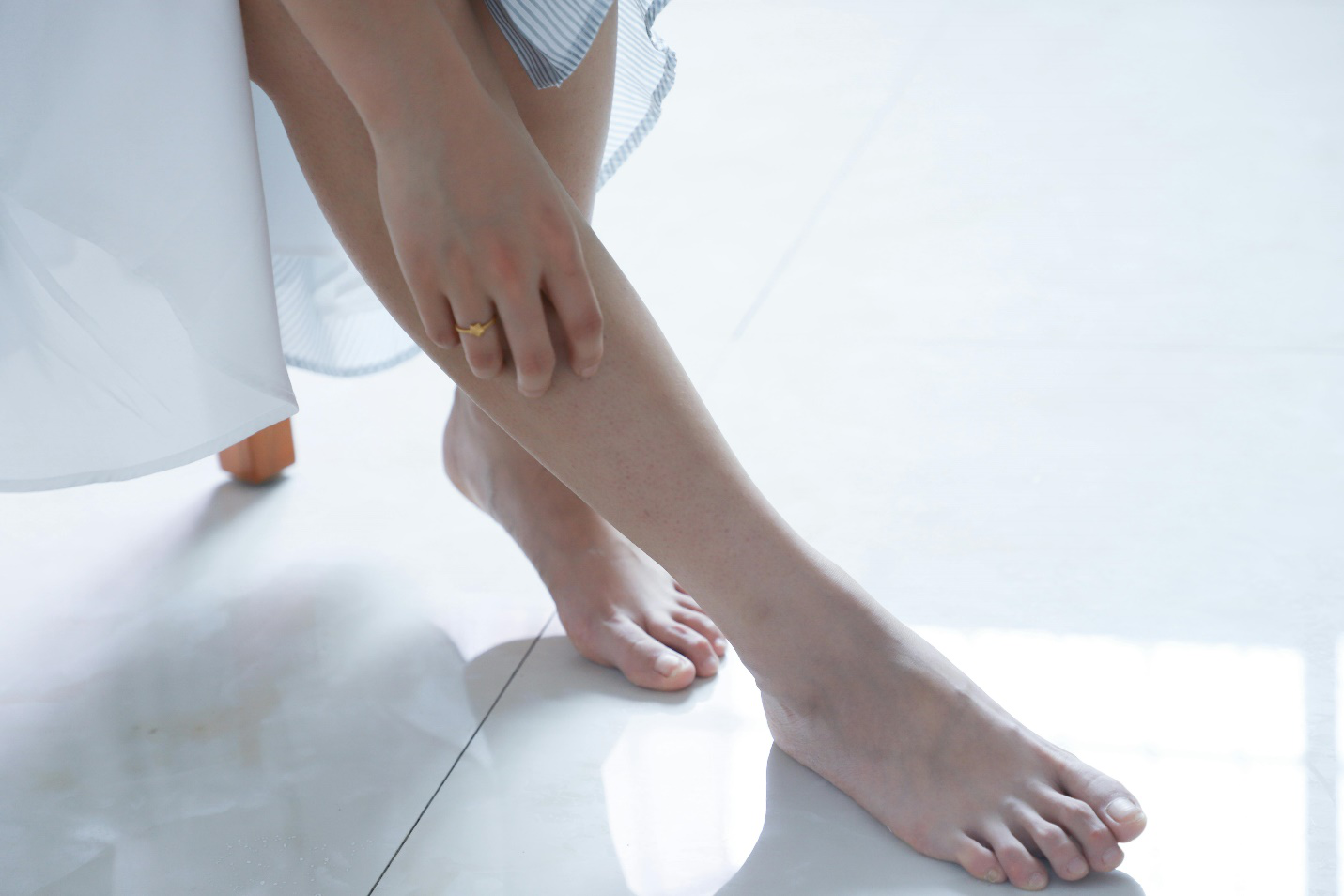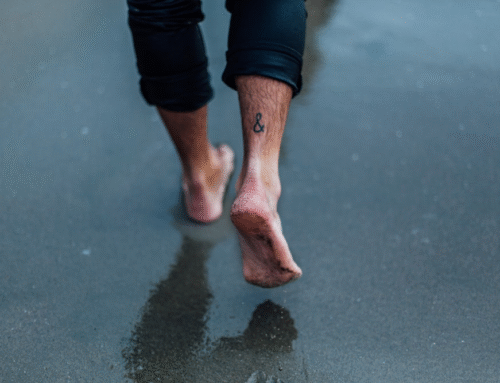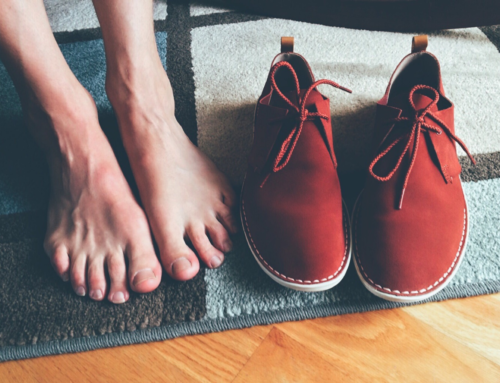Onychomycosis, more commonly known as toenail fungus, is a common and persistent infection. Many people struggle with it for years, either because they believe it cannot be cured or because previous treatments didn’t work. While toenail fungus can be stubborn, it is treatable, and the key is knowing your options and committing to the right course of action.
Keep Trying Until You Find the Right Treatment
If you’ve previously tried a toenail fungus treatment without success, don’t give up. Not all treatments are created equal, and what didn’t work before might not reflect the full range of options available today. Educating yourself about toenail fungus and consulting a podiatrist can make all the difference. Nail specialists have treated hundreds of cases, and they can guide you toward the safest and most effective treatments.

Recommended Treatments for Toenail Fungus
Topical Treatments
Topical solutions, such as antifungal creams or nail lacquers, are applied directly to the nail. While convenient, they have a low cure rate of 5–10% because they often cannot reach the fungus beneath the nail bed. For severe infections, topical treatments alone are rarely effective. However, they can be used after laser treatment to help prevent reinfection.
Oral Medications
Oral antifungal medications are more effective than topicals, but they come with serious risks, including liver toxicity. Blood tests are often required to monitor for potential side effects, making this option less appealing for many patients. The cure rate for oral medication is roughly 60%, and for these reasons, our doctors typically do not recommend oral medication as a first choice.
Laser Treatment – The Most Effective Option
The FDA-approved PinPointe laser is the safest and most effective treatment for toenail fungus. It uses targeted heat to kill fungus beneath the nail without damaging surrounding tissue.
-
Cure rate: Approximately 85%
-
Treatment sessions: Usually just one visit
-
Recovery: None, allowing you to resume daily activities immediately
-
Side effects: None, making it safe for all patients
Our nail doctors in Littleton, CO, have extensive experience with the PinPointe laser and recommend it for most cases. Patients often see new, healthy nails growing in 6–9 months, depending on nail growth rate.
Signs and Symptoms of Toenail Fungus
Early detection of toenail fungus increases treatment success. Look for:
-
Discoloration: Yellow, white, brown, or black spots
-
Thickening or brittleness: Nails may become hard, crumbly, or distorted
-
Odor: Some fungal infections produce a noticeable smell
-
Separation from the nail bed: Advanced infections may cause nails to lift
If you notice any of these symptoms, it’s best to consult a podiatrist promptly. Early treatment is easier and more effective.
Post-Treatment Care and Prevention
Even after successful treatment, nails can be reinfected if proper care isn’t maintained. Our nail doctors recommend:
-
Keeping feet clean and dry
-
Changing socks and shoes regularly
-
Avoid walking barefoot in public areas like gyms or pools
-
Using antifungal sprays or solutions on nails and shoes
-
Sterilizing or replacing nail tools used during infection
Following these steps can help protect your nails long-term and reduce the chances of recurring infections.
Why Not Nail Removal?
Some patients consider removing the nail completely to treat the fungus. However, surgical nail removal does not guarantee a cure, as the fungus can remain in the nail bed. The procedure also comes with a long recovery period, potential pain, and the risk of complications. The PinPointe laser offers a non-invasive, safer alternative with proven results.
Fun Things to Do in Littleton, CO
Littleton, CO, is a charming city just south of Denver that blends small-town character with big-city convenience. Known for its historic downtown, access to outdoor recreation, and strong community spirit, Littleton offers plenty of activities for both residents and visitors. Whether you’re exploring local culture, dining at unique restaurants, or heading into the great outdoors, there’s always something to do.
Explore Historic Downtown Littleton
The heart of the city is Historic Downtown Littleton, a walkable district filled with boutiques, antique shops, art galleries, and restaurants. The streets are lined with charming architecture, giving it a small-town feel with modern amenities. Popular spots include the Town Hall Arts Center, which hosts plays and musicals, and a variety of locally owned coffee shops and eateries. Walking tours of the area are popular too, offering a chance to dive into Littleton’s rich history while enjoying its vibrant present. Healthy, pain-free feet make strolling through downtown all the more enjoyable.
Chatfield State Park and Reservoir
Outdoor lovers won’t want to miss Chatfield State Park, just minutes from downtown Littleton. With a large reservoir at its center, the park is perfect for boating, fishing, paddleboarding, and swimming during the warmer months. There are also hiking and biking trails that provide scenic views of the foothills. Families often picnic here or take advantage of the horseback riding trails. For those who enjoy an active lifestyle, keeping toenails fungus-free is important—fungal infections can make long hikes or walks in the park uncomfortable.
Hudson Gardens
Nature and culture come together at Hudson Gardens, a 30-acre botanical garden featuring seasonal displays, walking trails, and even summer concerts. It’s a beautiful place to relax and enjoy the outdoors while also serving as a community hub for events. The gardens provide an excellent backdrop for a leisurely walk or family outing, and are especially popular during their holiday light shows.
Dining in Littleton
Food lovers will find plenty of dining options in Littleton. From cozy cafés and farm-to-table restaurants to family-friendly diners, there’s something for every palate. Favorites like The Melting Pot, Farm House at Breckenridge Brewery, and Smokin’ Fins attract locals and visitors alike. Exploring Littleton’s food scene often means walking around downtown or hopping between neighborhoods—activities that are far more enjoyable when your toenails are healthy and pain-free.
Recreation and Adventure
For those who enjoy more active pursuits, Littleton has plenty of recreational opportunities. South Platte Park offers wildlife viewing, fishing, and trails for biking and walking. In the winter, residents are close to some of Colorado’s best ski areas, making Littleton a great base for year-round adventure. With such an active, outdoor lifestyle, toenail fungus can quickly become more than just a cosmetic concern—it can interfere with comfort and mobility.
Local Events and Festivals
Littleton hosts several community events throughout the year that bring people together. The Western Welcome Week is one of the most popular, featuring parades, concerts, craft fairs, and family-friendly activities. Seasonal farmers’ markets and art festivals also highlight the city’s creative and community-oriented spirit. Attending these events often involves plenty of walking and standing, so healthy nails and feet are key to enjoying them fully.
Why Nail Health Matters in Littleton
Living in Littleton means staying active—whether you’re exploring downtown shops, hiking at Chatfield, or attending a local festival. Toenail fungus can interfere with your ability to enjoy these experiences, causing discomfort and embarrassment. By seeking effective treatment, such as advanced laser therapy, residents can maintain healthy nails and fully participate in everything Littleton has to offer.
Schedule a Consultation Today
If you have signs of toenail fungus, our Littleton, CO nail doctors can help. The PinPointe laser provides a fast, safe, and highly effective solution for stubborn infections.
Call (800) 672-0625 or visit our website to schedule a consultation and take the first step toward healthy, clear nails.






